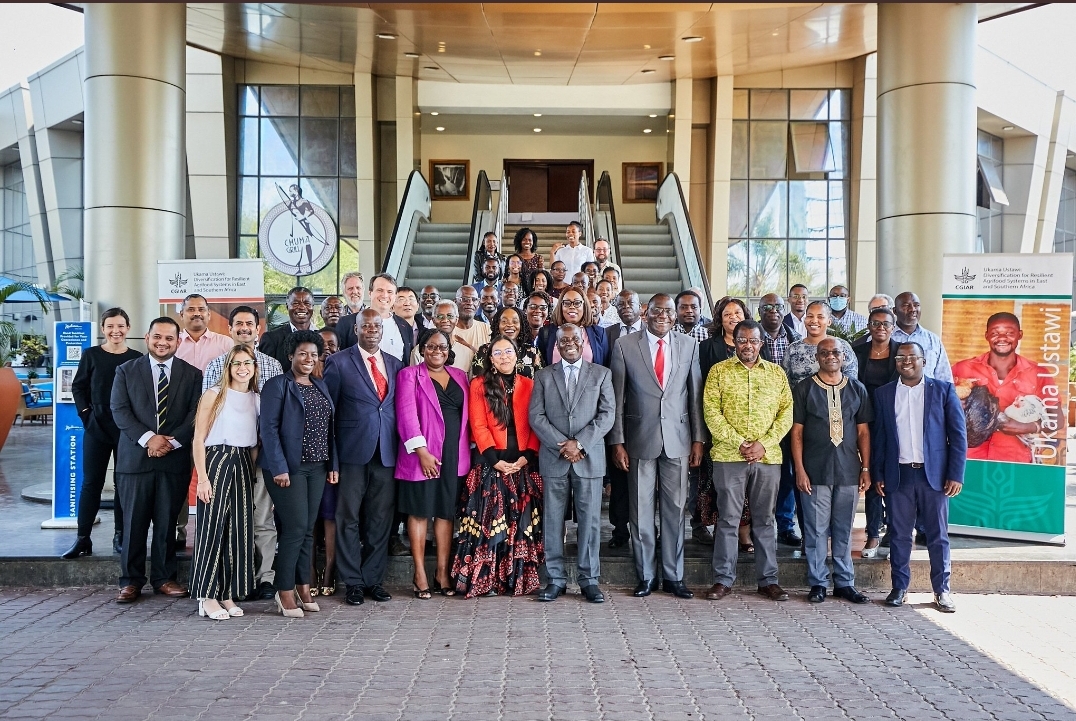

Final_Ukama Ustawi(UU) Zambia dialogue report_8 Sept 2022 (click here to read whole document).
Climate change is wrecking agricultural production and livelihoods in East and Southern Africa (ESA).Production worth more than $45 billion is at risk due to regionally rising temperatures and increasingly erratic rainfall and frequent weather extremes. Maize production in Zambia is particularly affected, with dramatic implications for the economy and society considering maize feeds most of the Zambian population and employs more than 50 percent of Zambians classified as extremely poor and over 90 percent of smallholders. The threat to food and income security is exacerbated by the widespread lack of access to stress-tolerant seed varieties, inputs, loans, technologies, and markets. Diversifying maize farming into maize-mixed systems and developing the private sector and the agricultural value chain in Zambia could potentially help address these problems. These paths could simultaneously improve the overall nutritional status and health of the population and tap trade opportunities in the region. To address the knowledge and coordination gaps related to these problems and foster an enabling
policy and investment environment, the Food, Agriculture and Natural Resources Policy Analysis Network (FANRPAN) together with the Agriculture Consultative Forum (ACF) and the International Water Management Institute (IWMI) hosted its first national policy dialogue at Radisson Blu Hotel in Lusaka, Zambia, on 18 August 2022. The dialogue is part of the initiative Ukama Ustawi (UU): Diversification for Resilient Agrifood Systems in East and Southern Africa, launched by CGIAR (including IWMI, CIAT, CIMMYT, ILRI, IFPRI, IITA, and WorldFish) in March 2022. UU seeks to address food and nutrition security challenges arising from intensive reliance on maize, in a climate-resilient, water-secure, and socially inclusive way. UU operates in 12 ESA countries: Eswatini, Ethiopia, Kenya, Madagascar, Malawi, Mozambique, Rwanda, South Africa, Tanzania, Uganda, Zambia, and Zimbabwe. It seeks to enable 50,000 value chain actors, including farmers (40 percent women, 40 percent youth), to adopt climate-smart maize-based intensification and diversification and benefit one million to access digital agro-advisory services. Emphasizing the role of the private sector in driving such transformation, UU targets to support at least 30 start-ups and SMEs. This initiative will run for three years until 2025, with a potential extension until 2030.
